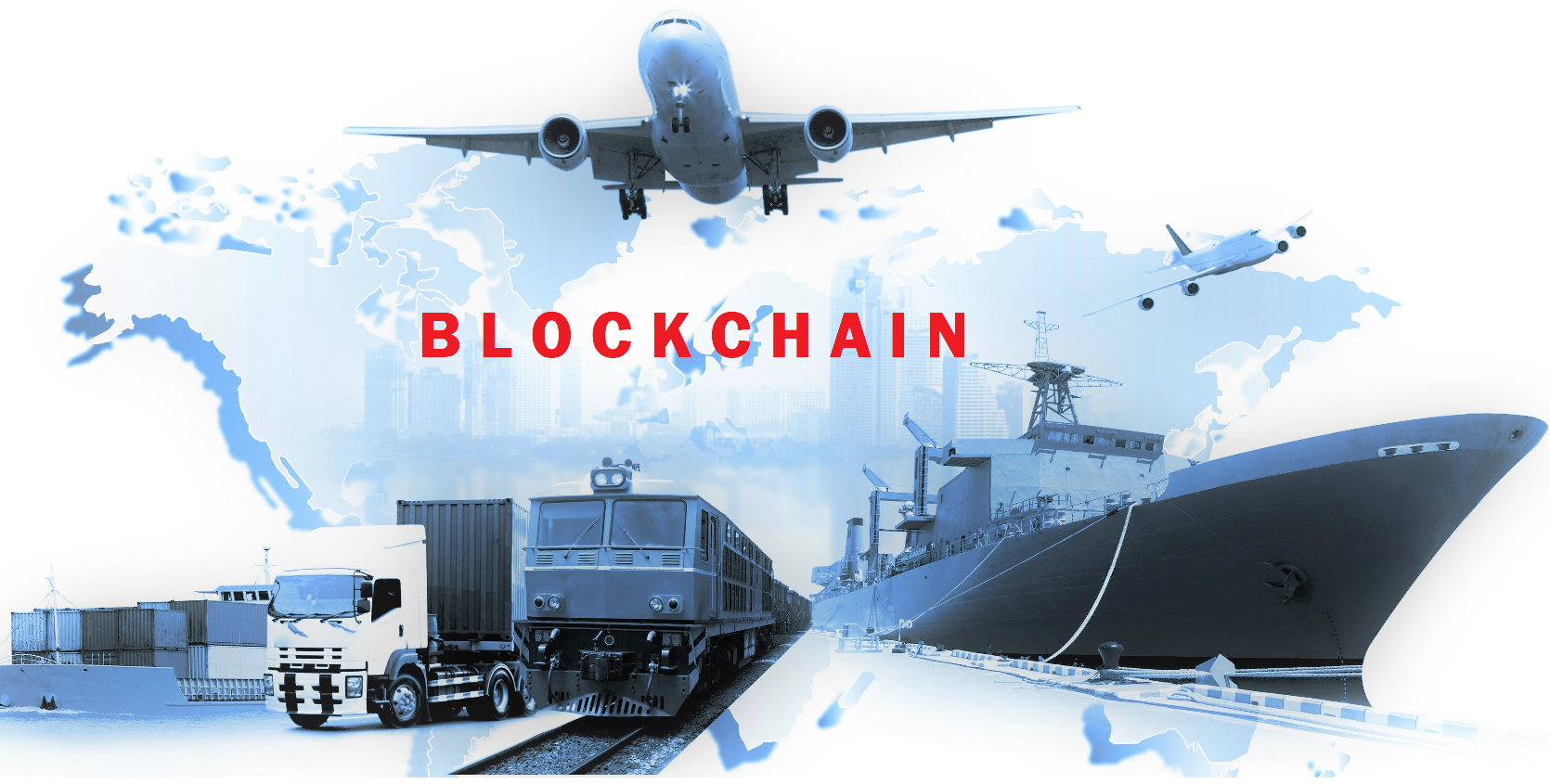
- By Sarah
- 0 comments

The innovative future in industry and logistics lies in blockchain technology in combination with Internet of Things among others. Blockchain creates transparency in the supply chain and reduces costs.
Distributed ledger technology makes the supply chain more transparent for those involved. It describes how data is stored in the form of transactions. Each participant in the supply chain is considered a participant in the blockchain network. If information needs to be exchanged between the participants, this is done via the blockchain network, privately or publicly. For this purpose, the information is stored within a blockchain. Each participant in the blockchain network stores a copy of the blockchain. Information exchange between the participants of the supply chain takes place in the form of transactions in the blockchain. For this purpose, the transaction is sent to each participant of the blockchain network and the respective copy of the blockchain is updated. Data reconciliation of the individual results ensures that data is not changed. Since the individual data records of the blockchain build on each other, it is ensured that they cannot be changed subsequently. As a result, every participant in the supply chain has access to a uniform data set. The risk of fraud and data manipulation is reduced. As a result, the end customer’s trust in the supply chain and the origin of the product is increased. The data can be used for planning and process optimisation. Here, blockchain technology offers the basis for the digitalisation of the supply chain and thus a step towards Industry 4.0.
Smart contracts automate the processing of contracts. For this purpose, the conditions for the conclusion of the contract are checked automatically. Since the data of the participants in the supply chain is distributed via the blockchain, smart contracts can be used to react in advance to situations that become apparent, for example, at the beginning of the supply chain. Regarding the Internet of Things (IoT), the verification of processes in production or logistics, for example, could be further automated with the help of RFID (Radio Frequency Identification) or QR codes in order to be able to react even better. Automating the processing of contracts reduces the influence of people and at the same time increases security.
The Hyperledger project offers itself as a common technology and interface. It forms a collection of open-source frameworks and tools for implementing a blockchain for business needs. The Hyperledger Fabric project is particularly noteworthy. For the use of blockchain technology, it would make sense not to share all information with all participants in the supply chain. For this purpose, Hyperledger Fabric offers the possibility of jointly managing different blockchain networks in the form of “channels”. If it would be too costly to set up separate channels for a small number of participants in the supply chain, for example, Hyperledger Fabric also offers the option of sending data only to authorised participants.
Building on the digitalisation and automation of the supply chain, it is conceivable to include other technologies in the process. Examples include Artificial Intelligence (AI) or augmented reality (AR). In addition, the basis for integrating future technologies has been created.
Blockchain will play a major role in the compliance with the upcoming EU Human Rights Due Diligence Directive. Read more in our blog about the consequences of this new Directive.
Blog about the Human Rights DD Directive
DISS-CO® is an innovative legal tech company with a strong focus on eGRC and RegTech. Built by investigators experienced in detecting fraud and other violations in various sectors.
| Cookie | Duration | Description |
|---|---|---|
| cookielawinfo-checkbox-analytics | 11 months | This cookie is set by GDPR Cookie Consent plugin. The cookie is used to store the user consent for the cookies in the category "Analytics". |
| cookielawinfo-checkbox-functional | 11 months | The cookie is set by GDPR cookie consent to record the user consent for the cookies in the category "Functional". |
| cookielawinfo-checkbox-necessary | 11 months | This cookie is set by GDPR Cookie Consent plugin. The cookies is used to store the user consent for the cookies in the category "Necessary". |
| cookielawinfo-checkbox-others | 11 months | This cookie is set by GDPR Cookie Consent plugin. The cookie is used to store the user consent for the cookies in the category "Other. |
| cookielawinfo-checkbox-performance | 11 months | This cookie is set by GDPR Cookie Consent plugin. The cookie is used to store the user consent for the cookies in the category "Performance". |
| viewed_cookie_policy | 11 months | The cookie is set by the GDPR Cookie Consent plugin and is used to store whether or not user has consented to the use of cookies. It does not store any personal data. |